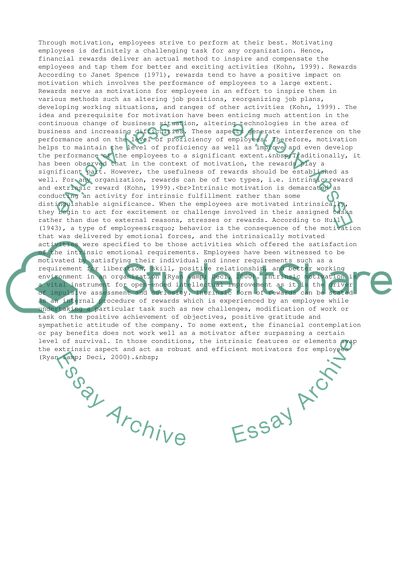Cite this document
(Organisational Behavior and Analysis: The Importance of Motivation Literature review, n.d.)
Organisational Behavior and Analysis: The Importance of Motivation Literature review. Retrieved from https://studentshare.org/management/1445168-organisational-behaviour-and-analysis
Organisational Behavior and Analysis: The Importance of Motivation Literature review. Retrieved from https://studentshare.org/management/1445168-organisational-behaviour-and-analysis
(Organisational Behavior and Analysis: The Importance of Motivation Literature Review)
Organisational Behavior and Analysis: The Importance of Motivation Literature Review. https://studentshare.org/management/1445168-organisational-behaviour-and-analysis.
Organisational Behavior and Analysis: The Importance of Motivation Literature Review. https://studentshare.org/management/1445168-organisational-behaviour-and-analysis.
“Organisational Behavior and Analysis: The Importance of Motivation Literature Review”, n.d. https://studentshare.org/management/1445168-organisational-behaviour-and-analysis.


